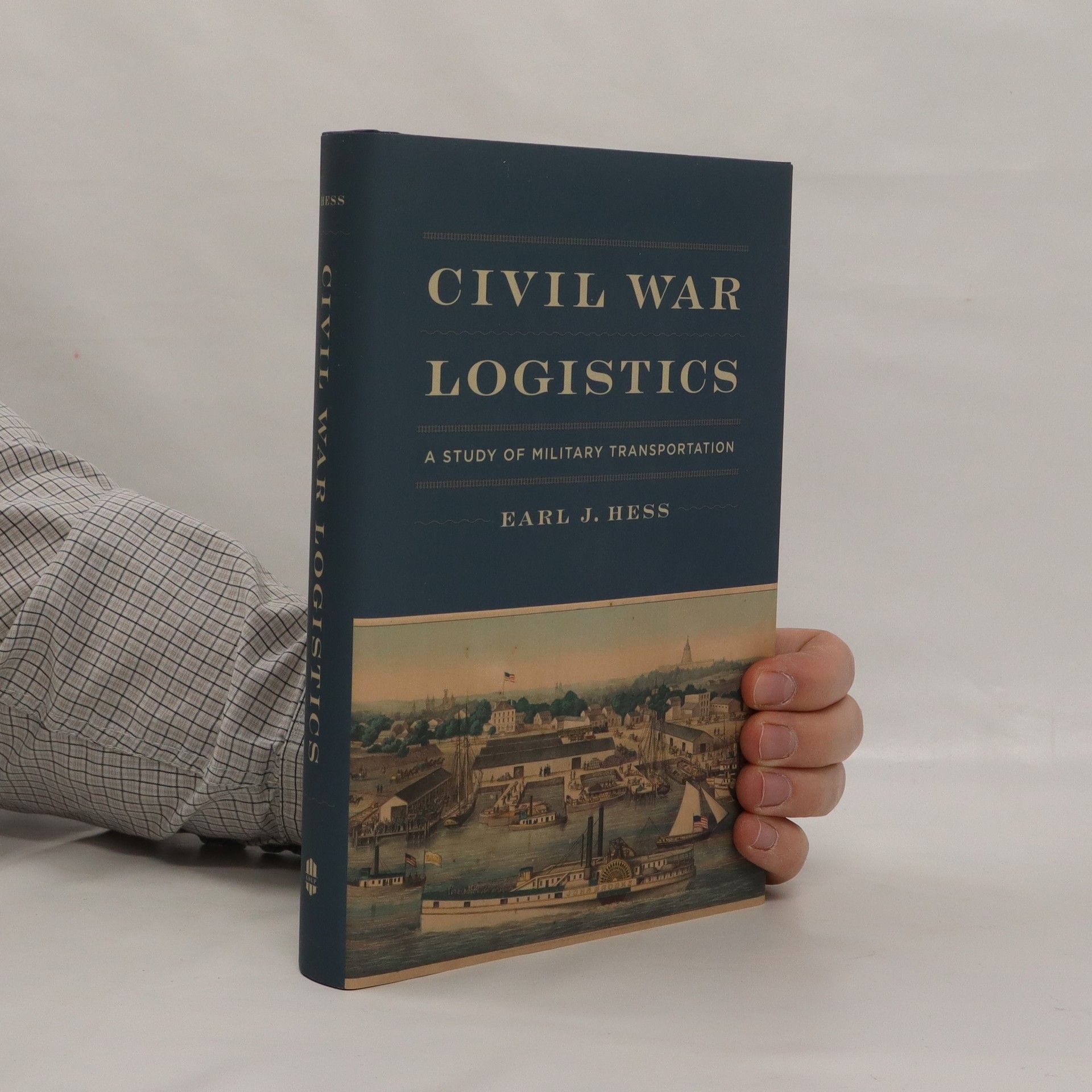The Civil War in the West
Victory and Defeat from the Appalachians to the Mississippi
- 742 stránek
- 26 hodin čtení
Focusing on the strategic significance of the Western theater during the Civil War, this study delves into the challenges faced by Federal forces in a vast and resource-rich region. It explores the geographical obstacles of military campaigns and the impact of irregular warfare on both soldiers and civilians. Earl J. Hess provides a detailed analysis of battle lines while also highlighting the complexities of life in occupied territories, offering a comprehensive understanding of how the West influenced the Confederacy's fate.

